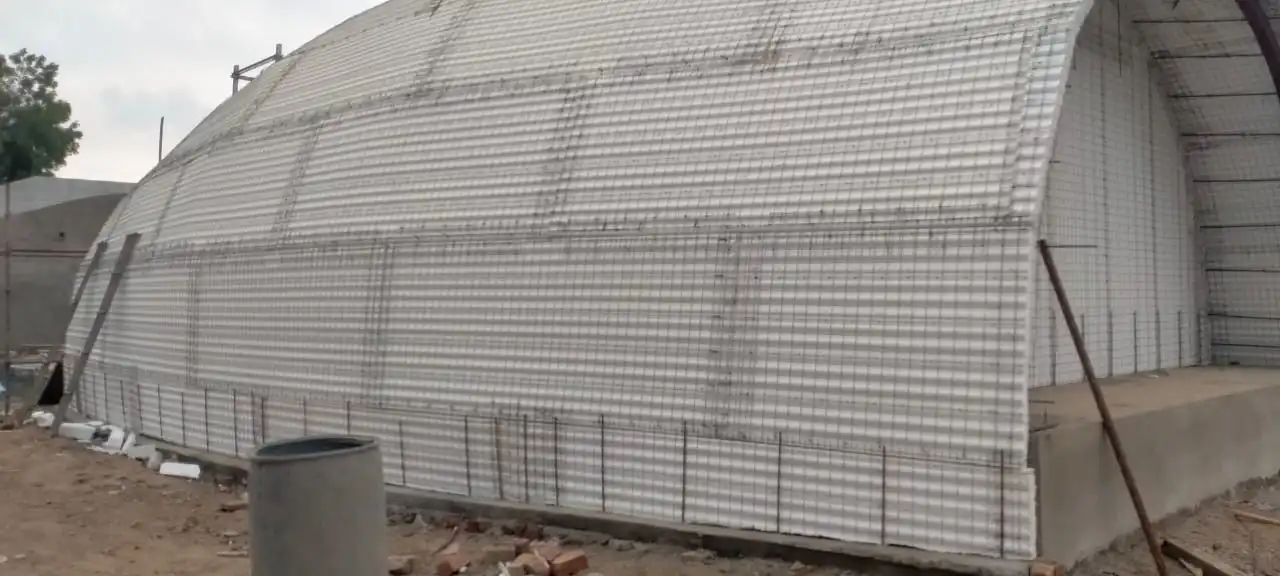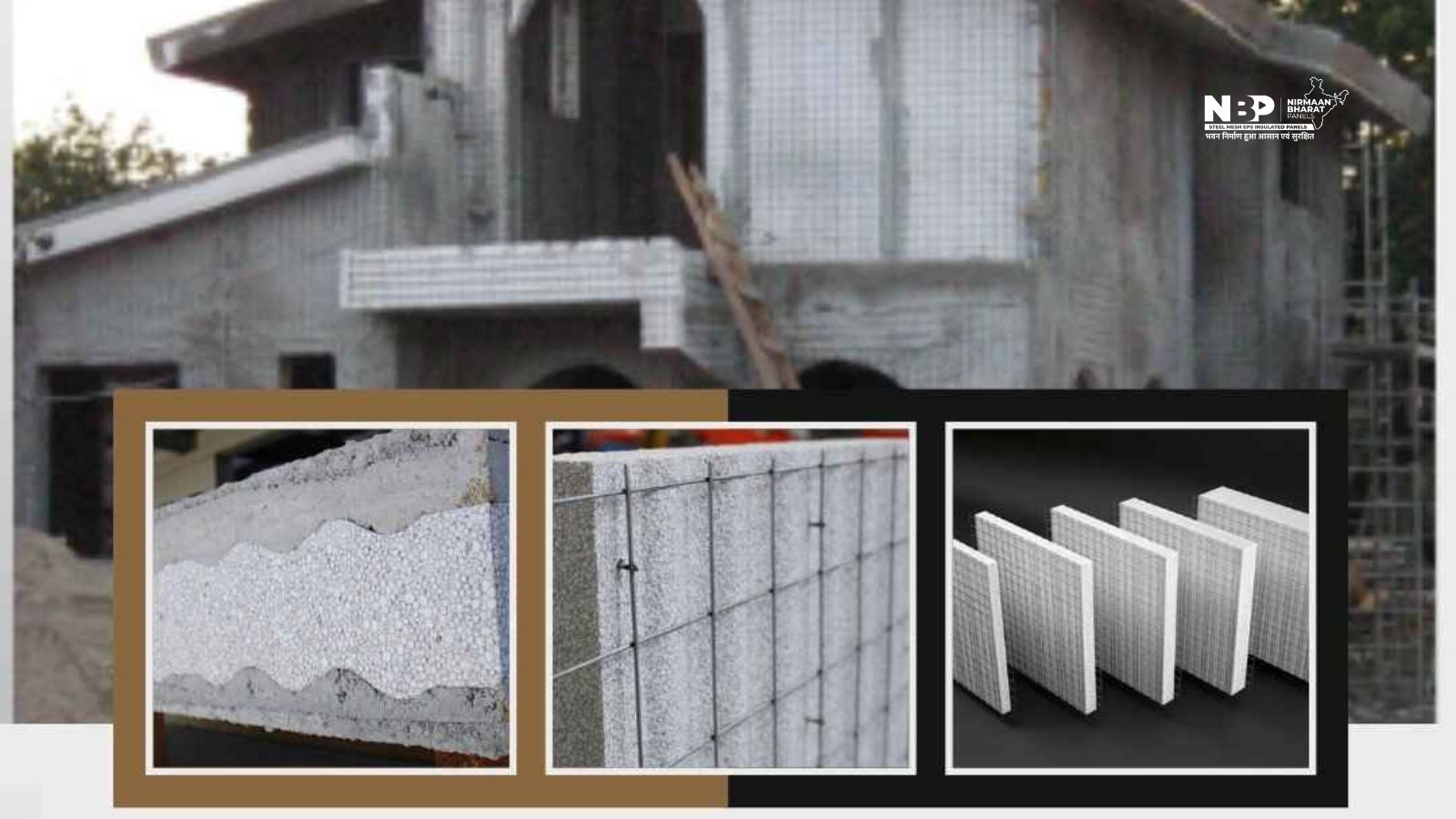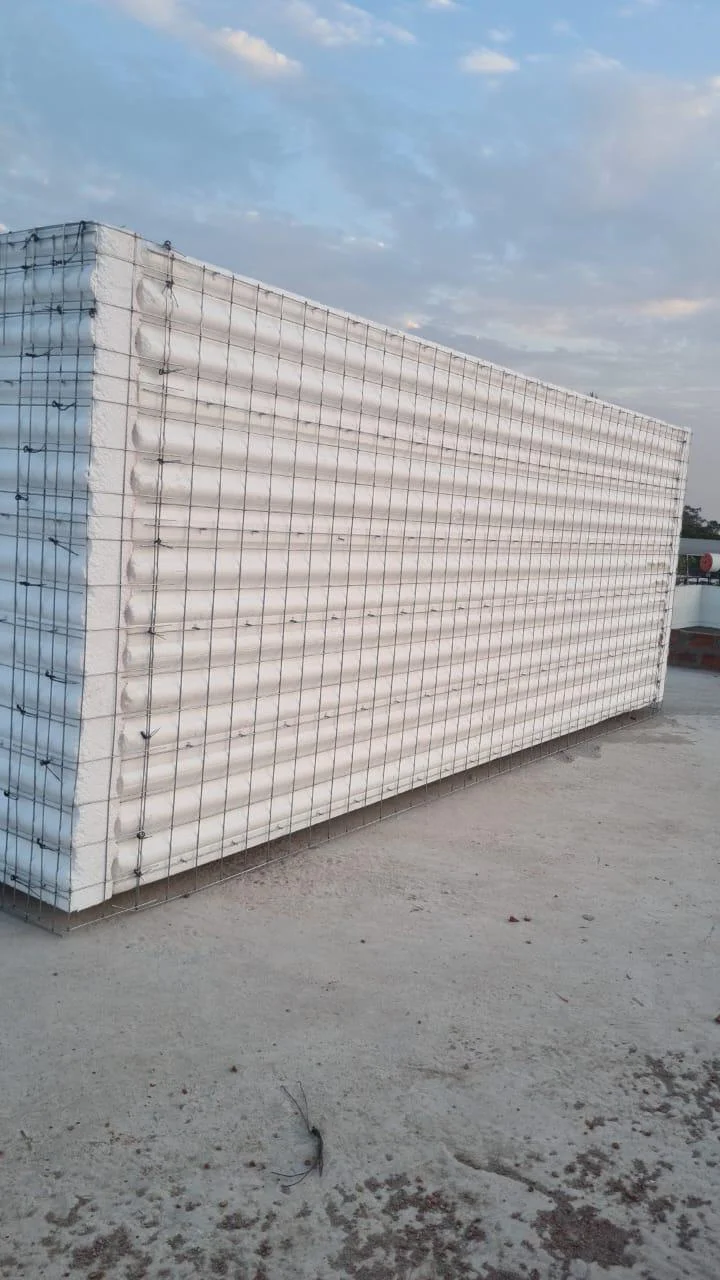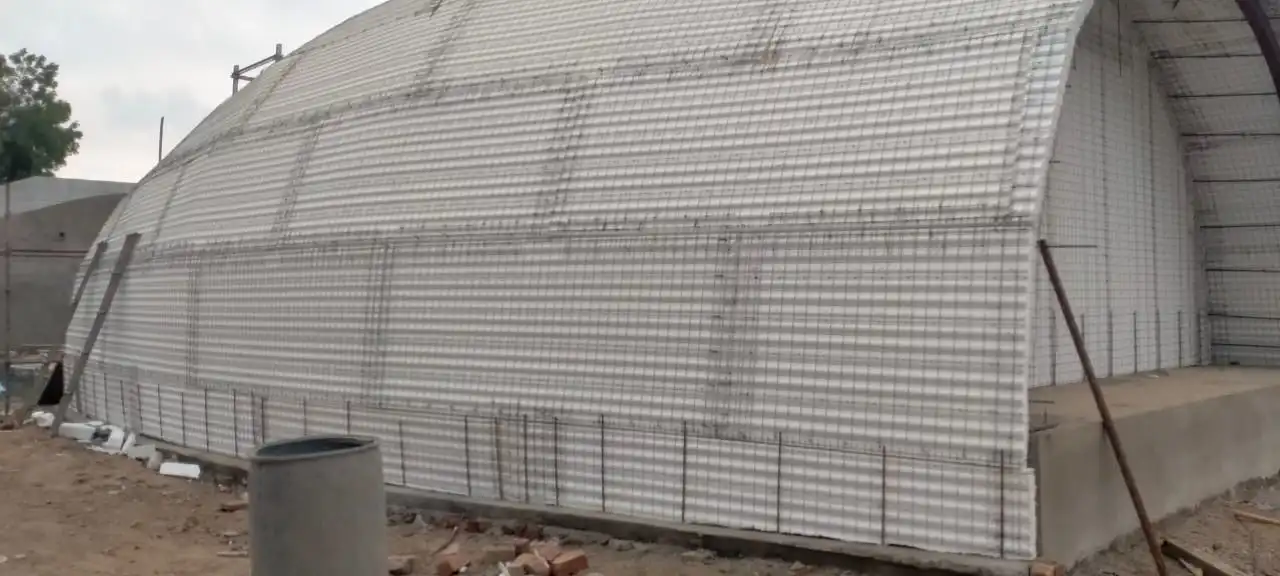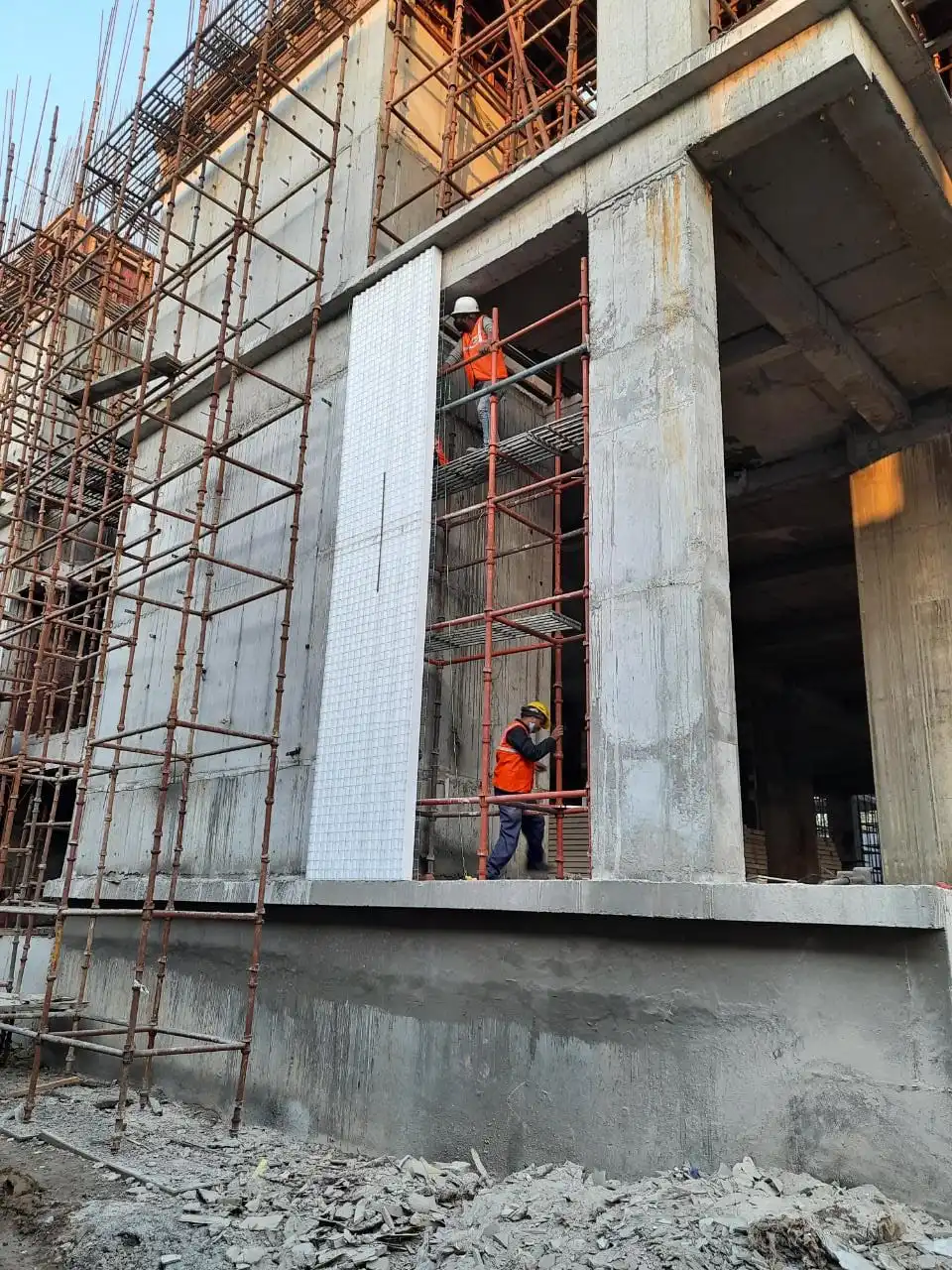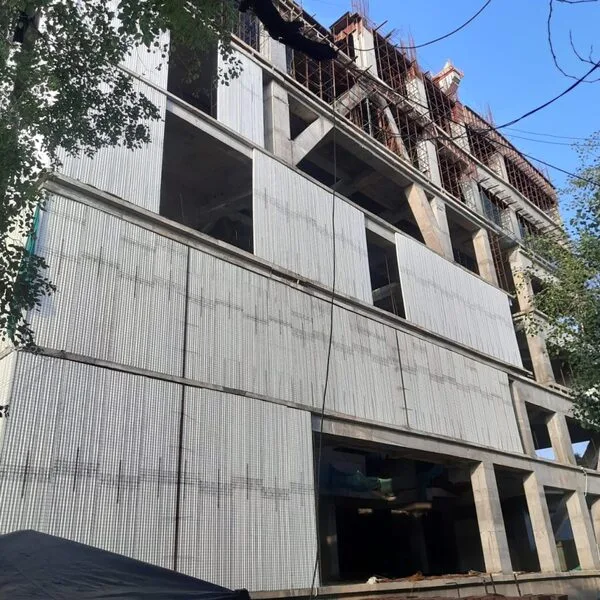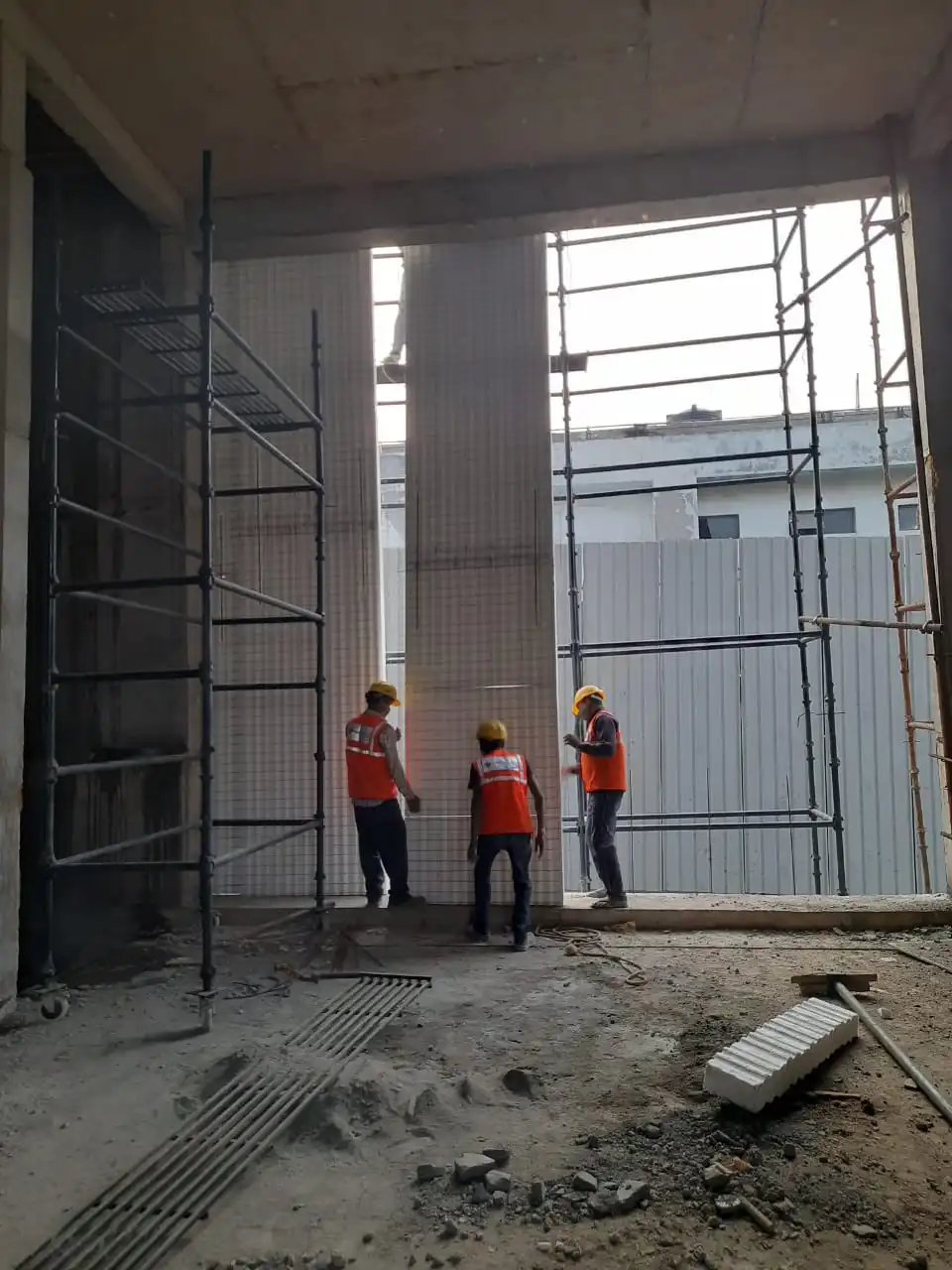Construction projects in India are increasingly turning to Expanded Polystyrene (EPS) panels price in India, for their insulation, lightweight, and structural benefits. However, accurately estimating the costs associated with EPS panel installation is crucial for effective project budgeting. In this comprehensive guide, we delve into the various factors influencing EPS panel prices in India and provide practical steps for estimating costs to help you plan your construction project more efficiently.
Table of Contents
ToggleUnderstanding EPS Panels
EPS panels are composed of a foam core sandwiched between two layers of reinforcing materials, such as steel or cement board. These panels offer exceptional thermal insulation, soundproofing, and durability, making them suitable for a wide range of construction applications, including walls, roofs, and floors.
Factors Influencing EPS Panel Prices in India
Several factors contribute to the variability in EPS panel prices in the Indian market:
1. Material Quality
The quality of materials used in EPS panels significantly impacts their price. Higher-quality polystyrene and reinforcing materials result in more durable and efficient panels but also come with a higher price tag.
2. Panel Thickness and Size
Thicker EPS panels offer better insulation and structural strength, but they also tend to be more expensive. Additionally, custom-sized panels may require special manufacturing processes, leading to increased costs.
3. Manufacturing Technology
The level of technology and equipment used in the manufacturing process can affect the quality and price of EPS panels. Advanced manufacturing technologies may result in higher-quality panels but can also drive up production costs.
4. Customization Requirements
Customization options, such as specific panel dimensions or additional features, can significantly impact the price of EPS panels. Tailored solutions may require additional materials and labor, contributing to higher costs.
5. Location and Transportation
The geographical location of your construction project and its proximity to EPS panel manufacturers can influence transportation costs. Projects located far from manufacturing facilities may incur higher shipping expenses, adding to the overall price of EPS panels.
6. Volume of Purchase
The volume of EPS panels required for a project can also affect pricing. Bulk purchases typically result in discounts, reducing the overall cost per unit. However, smaller orders may incur higher prices.
Estimating EPS Panel Prices in India: Practical Steps
To estimate EPS panel costs accurately for your construction project in India, follow these steps:
1. Determine Your Requirements
Begin by identifying the specific requirements of your project, including the type of EPS panels needed, dimensions, thickness, and any customization options. This initial assessment will provide a clear understanding of your project’s scope and help you narrow down the cost range.
2. Research Suppliers
Research and identify multiple EPS panel suppliers in India. Consider factors such as reputation, experience, and customer reviews when evaluating suppliers. Request quotes from each supplier based on your project specifications to get an idea of the price range.
3. Evaluate Quotes
Carefully evaluate the quotes received from different suppliers. Compare factors such as material quality, panel thickness, customization options, and transportation costs. Keep in mind that the lowest-priced quote may not always offer the best value in terms of quality and service.
4. Consider Additional Costs
Factor in additional costs such as transportation, handling, and installation expenses when estimating your budget. These costs can vary depending on the location of your project and the complexity of the installation process.
5. Negotiate and Finalize
Once you have gathered all the necessary information, negotiate with suppliers for the best possible price. Consider negotiating for bulk discounts or exploring alternative delivery options to reduce costs further. Once satisfied, finalize the purchase agreement, ensuring that all terms and conditions are clearly outlined.
FAQs
1. What is the typical cost range of EPS panels in India?
The cost of EPS panels in India can vary widely depending on factors such as material quality, panel thickness, customization, and volume of purchase. However, on average, EPS panels may range from a few hundred to several thousand rupees per square meter.
2. Can EPS panels be customized to specific project requirements?
Yes, EPS panels can be customized to meet specific project requirements, including dimensions, thickness, and additional features. However, customization options may come at an additional cost.
3. How does the location of the project affect EPS panel prices?
The location of the construction project can impact EPS panel prices due to transportation costs. Projects located closer to manufacturing facilities may incur lower shipping expenses compared to those located farther away.
4. Are there benefits to buying EPS panels in bulk?
Yes, purchasing EPS panels in bulk often results in discounts and lower per-unit costs. Bulk orders allow suppliers to optimize production and transportation processes, leading to cost savings that can be passed on to the buyer.
5. What additional costs should be considered when budgeting for EPS panels?
In addition to the cost of EPS panels, it’s essential to consider additional expenses such as transportation, handling, and installation. These costs can vary depending on the size and complexity of the project.
Conclusion
Estimating EPS panel costs for construction projects in India requires careful consideration of various factors, including material quality, customization options, and transportation expenses. By following the practical steps outlined in this guide and conducting thorough research, you can accurately estimate your project budget and make informed decisions that ensure the success of your construction project. Investing in high-quality EPS panels not only enhances the efficiency and durability of your project but also contributes to long-term cost savings and sustainability.
Read More – Enhancing Structural Integrity: The Advantages of EPS Panel Construction in 2024


